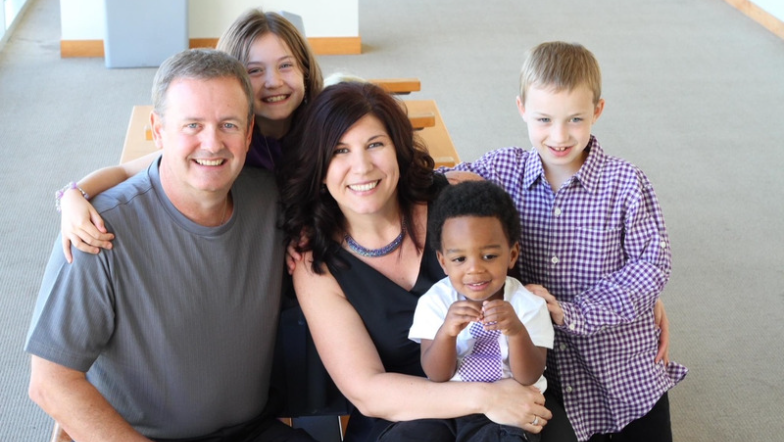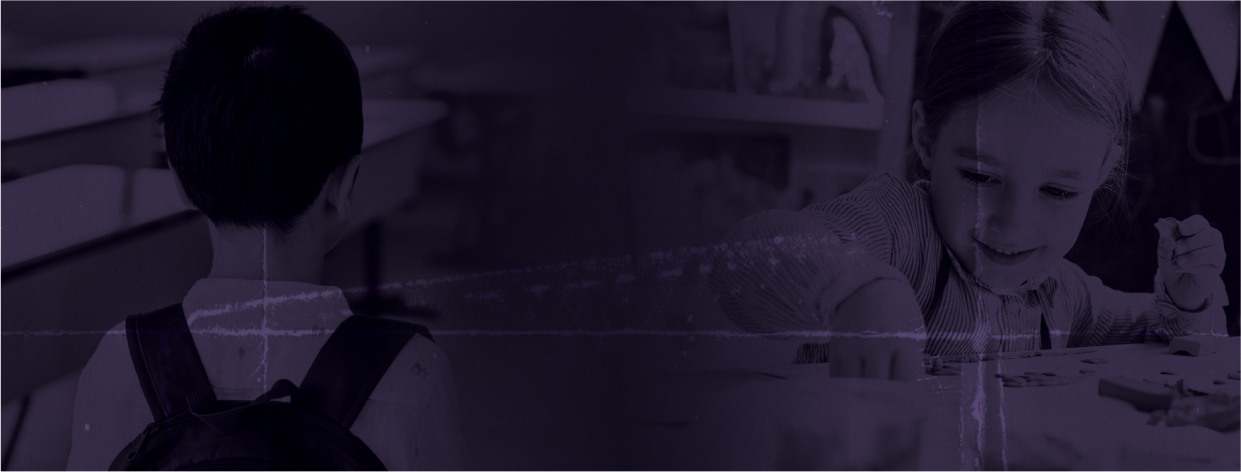To support her adopted son Isaiah, who experienced pain and trauma in his early childhood, Elizabeth Koth always made sure to send him off on his first day of school with a letter in his backpack. Koth’s letter alerted school faculty about Isaiah’s unique background, and asked them to be mindful of projects that may require kids to share information about their families or their birth, including details such as how much they weighed, what time of day they were born, or even when they came home from the hospital.
For most of his childhood, Isaiah’s teachers acknowledged this letter. But in the third grade, one public school teacher who appeared disconnected from students in a large class, failed to fully recognize Isaiah’s physical disabilities and traumatic background. This, along with the 2020 school lockdowns, became the final nail in the coffin for Koth to remove her son from public school.
At the time, Koth didn’t know that as Isaiah’s adoptive parents, they qualified for an Empowerment Scholarship Account (ESA), which is a state-based program that gives families funds to access private school tuition, tutoring, at-home curricula, special needs therapies, and much more. After learning through a friend with a special needs child that Isaiah qualified for Arizona’s ESA program, she enrolled him immediately.
“It felt like the best-kept secret, really,” said Koth, recalling how Isaiah, who normally performs at the top of his class, was struggling to engage in public school through Zoom. “Truth be told, we are not a family that can afford private tuition for our children.”
Fortunately for Arizona students, ESAs are no longer restricted for special cases like Isaiah. In 2022, the program became universally available for any Arizona child. Isaiah, who received his benefits before the universal ESA program was adopted into law by the state, is a quintessential case for the power of school choice in promoting strong educational outcomes.
In Arizona, the private school tuition rate for students is around $9,825. The state’s ESA scholarship now provides approximately $7,000 per student per year, though special needs students receive access to more funds. For Isaiah, Koth said,
“I would much rather my child didn’t have the pain of adoption and trauma as his story. I would much rather him not have a disability. I would much rather him not have these things that actually qualified him for this, and just be able to pay for him to go to private school. But we don’t; that’s not his story.”
Quickly excelling in his reading levels from a young age, Koth said her son’s public school teachers had difficulty finding age-appropriate reading materials for Isaiah. He was accepted into a gifted learners program at his public school, but Koth said the curriculum and plan lacked rigor and didn’t deliver tangible benefits. Empowered by her new knowledge of ESAs and jaded by Isaiah’s lack of educational and emotional support at his local public school, Koth enrolled her son at Cross of Glory Lutheran School in Peoria, Arizona, in late July 2020.
According to Koth, Isaiah immediately reaped the benefits. At his previous public school, “He was in classes with 25 to 30 kids of just one grade,” Koth said. But at Cross of Glory, his class has 13 other students. “I think that individualized attention that those kids get when they’re in a smaller class size is very helpful for learning. They have a STEM teacher that comes in and specifically teaches STEM once a week, and he loves it,” she said.
Finding educational programs that could challenge her twice-exceptional son was one challenge that the Koth family’s access to ESAs resolved, but finding instructors who could invest in Isaiah’s behavioral growth was equally important.
“In a smaller classroom, in a smaller environment, teachers have time to pay attention to unkind words that are being said, and stop it, and take a moment, and talk about that,” Koth said. “Whereas in a public school, it’s just, ‘Stop that.’ And if you don’t, then, ‘Get out of my classroom and go down to the office if you can’t behave.’ Or, ‘I’m going to call your parents.’”
Now that her son is approaching high school, Koth must decide where to send Isaiah next, given that Cross of Glory only serves children through the 8th grade. But thanks to his nearly three years in private school, where he could develop both emotionally and academically, Koth now feels more comfortable potentially enrolling Isaiah in a public high school, where her older children attended.
After homeschooling her oldest two children, Koth was able to send them to a public high school of their choosing, thanks to a 1994 state education-reform law that, in addition to allowing for charter schools, also gave families the opportunity to enroll their children in schools outside their neighborhood boundaries in a process known as open enrollment.
“I do like the public high school that both of my older children attended,” Koth said. “The public schools, I don’t expect them to be all things to my kids. And that’s not to say that there’s anything wrong with the public school. They can’t be all things to all people, and that’s okay.”
Critics allege Arizona’s ESA program will harm public schools by taking away a portion of per-student funding. But Koth sees the opposite happening—that her state’s public school system is actually improving. So much so, that Isaiah might soon re-enroll.
“School choice-friendly policies in Arizona have continued to be a blessing to our family for the last 20 years,” Koth said, adding, “It is our prayer that school choice remains not only intact for Arizona, but also acts as a standard for other states considering implementing more academic choices for all kids.”











